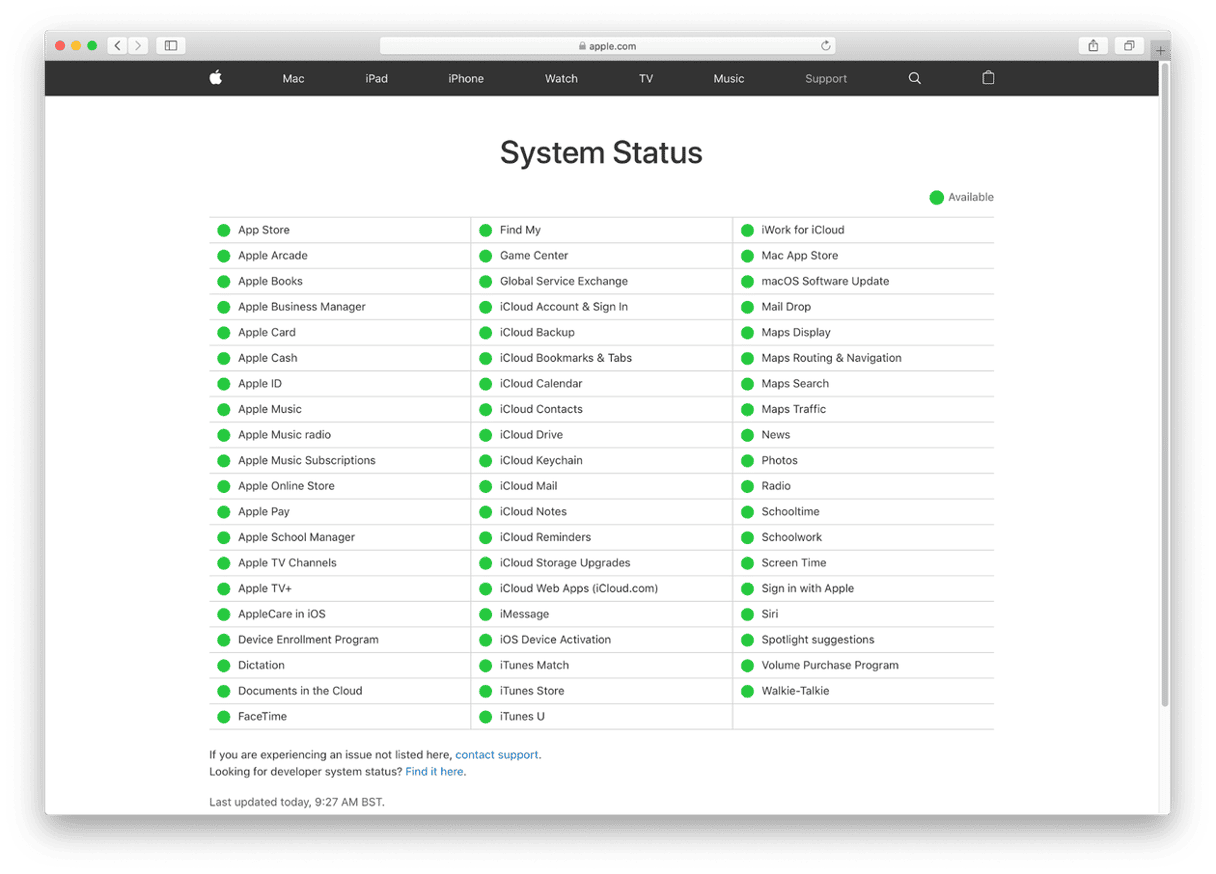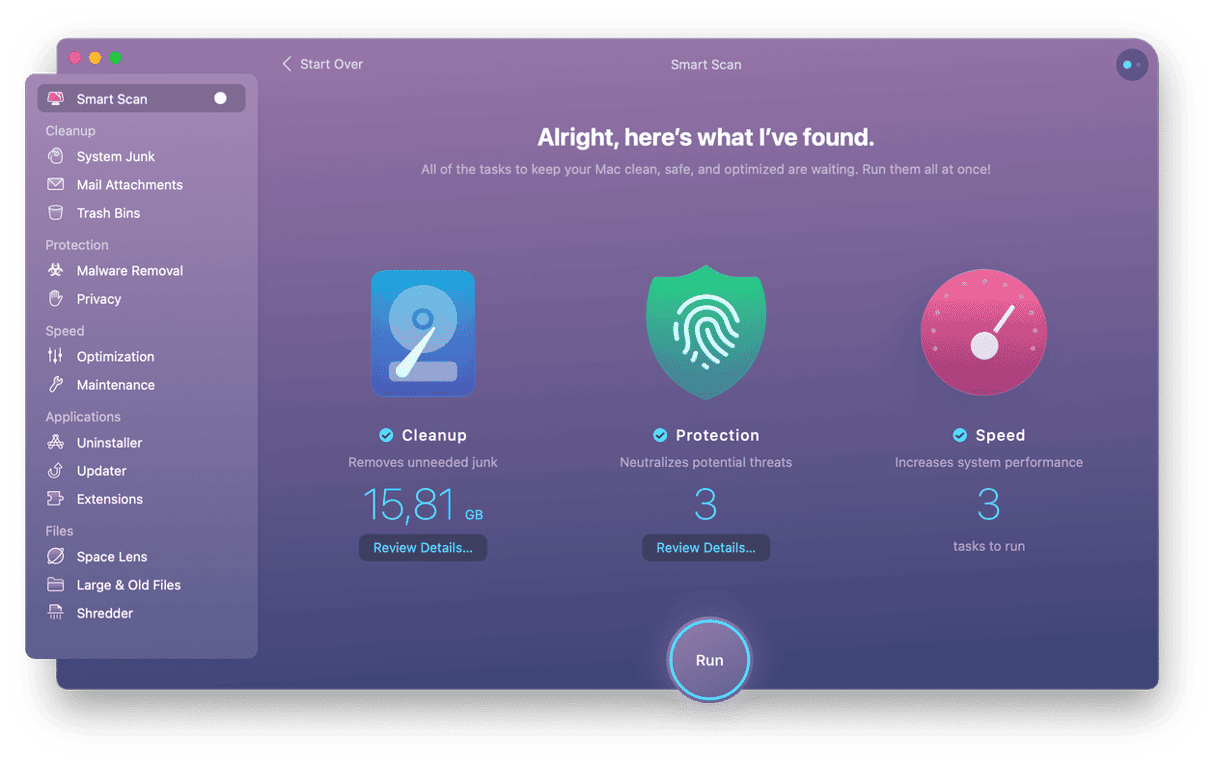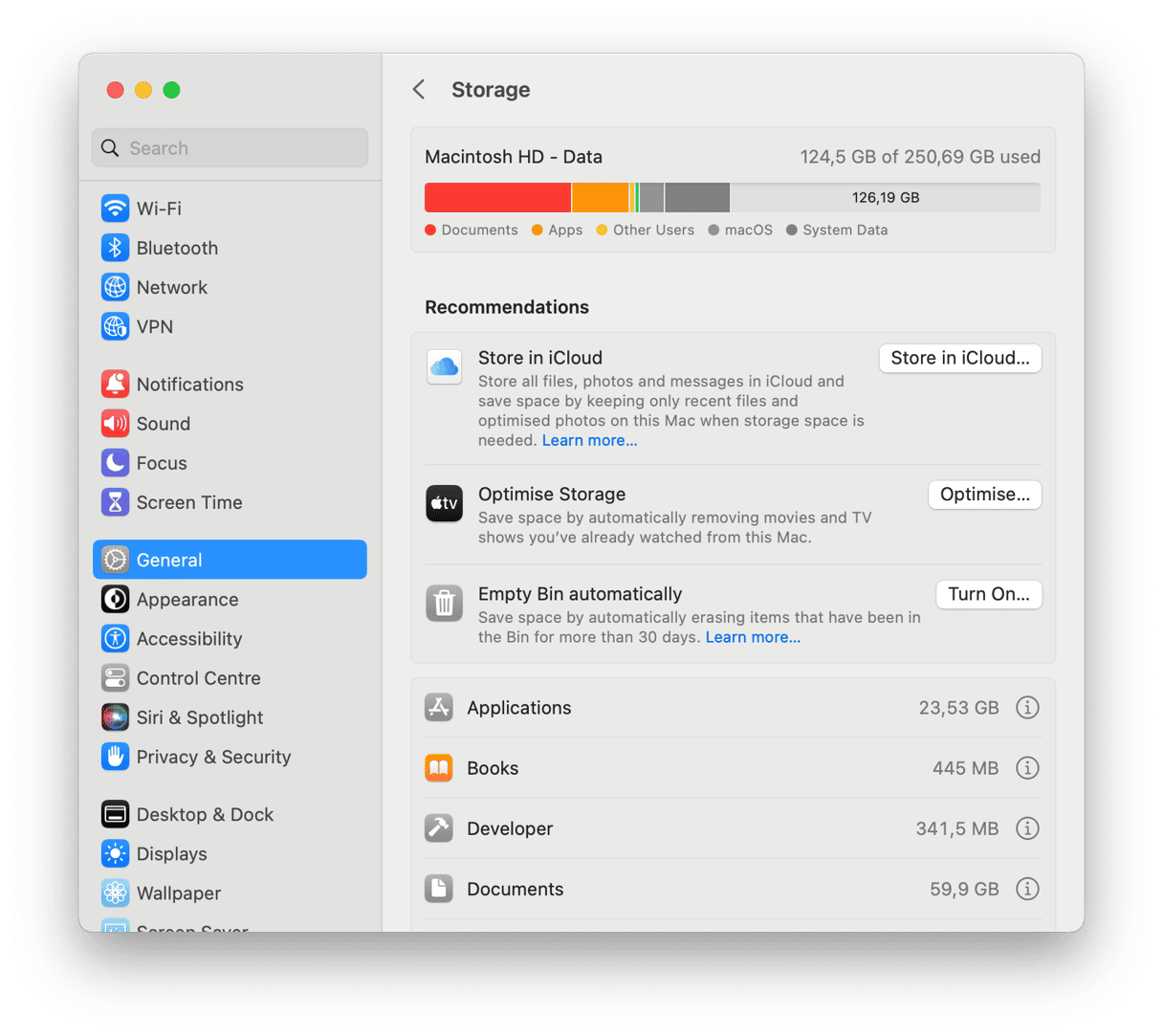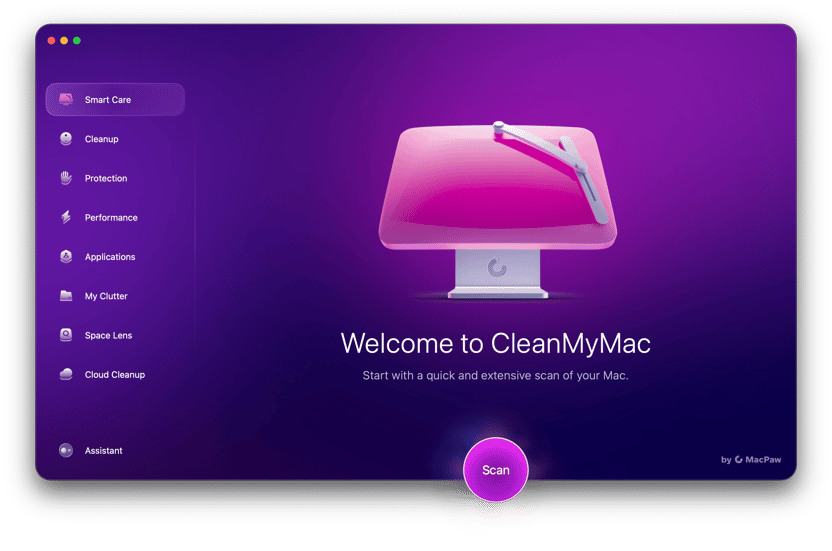macOS Big Sur finally saw the light of day in November 2020. As the latest operating system has lots of new features and improvements, and most of us want to install it as soon as we can. Most of the time, everything works out, and we’re up and running very quickly. Sometimes, however, it doesn’t go well, and you see a message saying that the macOS installation couldn’t be completed.
macOS Big Sur can't be installed on Macintosh HD
That's the most common message that shows up. What do you do then? We’re glad you asked because we have some answers below.
Why won’t macOS Big Sur install?
There are several possible reasons:
- Your Mac doesn’t support Big Sur
- The update couldn’t be downloaded
- You don’t have enough disk space
- There’s a conflict in your system preventing the process from completing
Check if your Mac is compatible
Here’s the list of Macs that are supported by Apple for installing Big Sur. If your Mac isn’t on it, it’s unlikely you’ll be able to run Big Sur.
- Any Mac Pro or iMac Pro
- MacBook Pro and MacBook Air 2013 and later
- iMac and Mac mini 2014 and later
- MacBook 2015 and later
What to do if the macOS Big Sur download is stuck

- Check Apple’s System Status page for information about possible server issues on Apple’s end.
- Check your internet connection.
- Try to download it from the Mac App Store if your first attempt was through Software Update. If your first attempt was in the App Store, try Software Update.
If you see a message telling you that macOS cannot be installed or Big Sur is stuck on the progress bar, try the following.
Free up disk space with CleanMyMac
You’ll need around 16GB of free space to upgrade to macOS Big Sur. However, even if you have more than that, your Mac may tell you that you can’t upgrade because it thinks you don’t have enough free space. This can happen for a number of reasons. The simplest solution is to free up more space. And the best way to do that is to use CleanMyMac.
This app makes it very quick and easy to free up several gigabytes of space by getting rid of junk files that clog up your Mac. It can also be used to uninstall applications, identify large and old files, illustrate what’s taking up the most space, and even protect your Mac from malware. Here’s how to use it to free up space quickly.

- Get your free CleanMyMac trial and install the app. It’s free to try it out.
- Press Scan.
- Press Run to remove all the junk files CleanMyMac has found, or click Review Details to find out more.
As you can see from the screengrab, I was able to save 10GB of disk space in just a few minutes.
macOS Big Sur stuck on 12.18 GB out of 12.18GB
Another common issue is when your download size reaches 12.18 GB and then the download just freezes. In this situation, don’t trust the progress bar report — it’s most likely a miscalculation. In fact, your download is still in progress — but the system is reading it differently.
_1605611395.png)
So how to fix macOS Big Sur stuck on 12.18 GB
- 1. Disconnect from the internet (or turn off the Wi-Fi)
- 2. Re-connect so you’re online again.
- Check for the update and click the upgrade button.
Your download should resume — this time it may go faster as some components have been downloaded already.
If the progress bar stops again, disconnect from the internet and repeat the above steps.
So, "reviving" the lost connection seems to be the fix.

Optimize your storage
As an alternative, you can also use Apple’s built-in storage management tool to free up some storage space.

- Click on the Apple menu and choose About this Mac.
- Choose Storage.
- Press Optimise Storage.
- Review the recommendations and follow those that are relevant.
Try installing macOS Big Sur in Safe Mode
Sometimes launch agents, login items, or extensions that load when your Mac boots can cause problems when installing a new version of macOS. To check whether that’s the problem, you can restart your Mac in Safe Mode and then try updating it to Big Sur.
- Shut down your Mac.
- Wait ten seconds, then press the power button.
- As soon as your Mac starts up, press Shift.
- Release the Shift key when you see the Apple logo.
There are lots of reasons why your Mac won’t update to Big Sur. Thankfully, most of them can be fixed. If you follow the steps above, and particularly if you use CleanMyMac to help, you should have it installed and running in no time.






